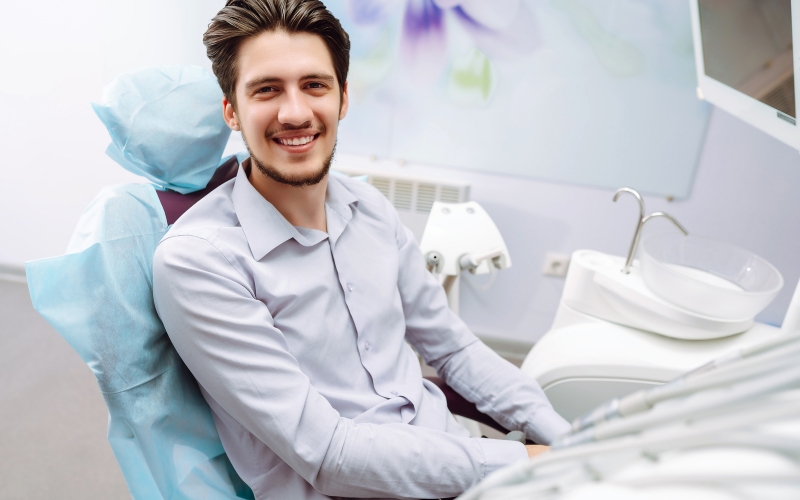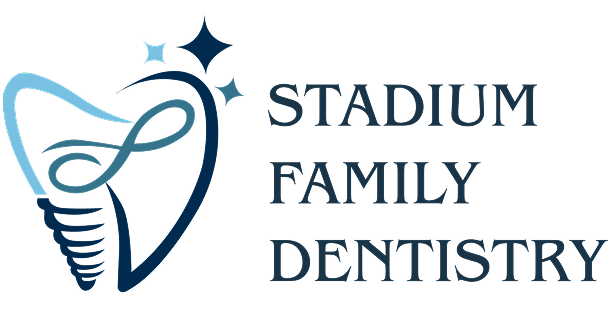
Are you scared of the dentist’s drill? Do you avoid dental visits because of anxiety or fear? Laser dentistry might be the solution for you. It’s a modern approach to dental care that uses high-tech lasers instead of traditional tools, making treatments faster, more precise, and less invasive. Whether you’re curious about this innovative technique or looking for an alternative to conventional dentistry, our beginner’s guide will take you through everything you need to know about laser dentistry – from how it works to what treatments are available and why they may be beneficial for your oral health. So sit back, relax, and let us enlighten you on the wonders of laser dentistry!
What is Laser Dentistry?
Laser dentistry is the use of laser technology in dental treatments. Lasers can be used for a variety of dental procedures, including teeth whitening, gum surgery, and cavity treatment. Laser dentistry is often used as an alternative to traditional dental methods, as it can provide a more comfortable experience for patients and can be less invasive.
Cavities and tooth decay treatment: Laser dentistry is a field of dentistry that uses lasers to perform various dental procedures.
Teeth Whitening: Lasers can be used to help break down stains on the teeth, making them appear brighter and whiter.
Cavity Removal: Lasers can be used to remove decay from cavities and prepare the tooth for a filling.
Gum Surgery: Lasers can be used to treat gum disease by removing infected tissue and promoting healing.
Benefits of Laser Dentistry
Laser dentistry offers numerous advantages for both patients and dental practitioners. Dentists can use lasers for various procedures, including teeth whitening, cavity detection, and gum surgery. Patients often experience less pain and enjoy greater precision compared to traditional methods, often completing their treatments in fewer visits.
Here are five key benefits of laser dentistry:
- Less Invasive: Traditional dental tools can cause discomfort and pain, but laser dentistry minimizes invasiveness. Lasers target specific areas without affecting surrounding tissue, reducing discomfort.
- More Precise: Dental lasers enable dentists to perform procedures with greater accuracy than traditional tools. This precision helps dentists target specific areas, leading to fewer complications and quicker, more comfortable recoveries.
- Faster Treatments: Many procedures take significantly less time with laser dentistry. For instance, cavity preparation can occur in just a few minutes, compared to up to an hour with traditional methods. This efficiency allows patients to save time and return to their busy lives more quickly.
- Safer Procedures: Laser dentistry is extremely safe when conducted by a trained professional. Research shows that it reduces the risk of infection and complications associated with conventional dental procedures.
Types of Laser Dentistry
Hard tissue lasers:
Hard tissue lasers are an important tool in laser dentistry. They can be used to remove tooth decay, make preparations for dental implants, and even whiten teeth. Hard tissue lasers emit short pulses of intense light that can quickly and accurately remove small amounts of hard tissue.
Soft tissue lasers:
The use of lasers in dentistry is becoming more and more popular as technology continues to develop. Laser dentistry can be used for a variety of different procedures, including teeth whitening, gum contouring, and the removal of tooth decay.
Preparation for a Laser Dental Procedure
If you’re scheduled for a laser dental procedure, there are a few things you can do to prepare. First, it’s important to understand what the procedure will entail and what your role will be. You should also ask your dentist any questions you have about the procedure.
Next, you’ll need to make sure your mouth is clean before the procedure. This means brushing and flossing thoroughly, as well as using an antiseptic mouthwash. Your dentist may also recommend that you use a special toothpaste or rinse.
Finally, you’ll need to remove any jewelry or other objects from your mouth that could interfere with the laser. This includes anything metal, such as fillings or braces. Be sure to follow your dentist’s instructions carefully so that you can have a successful and comfortable experience with laser dentistry.
Recovery Time and Aftercare Instructions
Most people experience little to no downtime after laser dentistry procedures. However, it is important to follow your dentist’s aftercare instructions to ensure proper healing and avoid any complications.
Immediately following the procedure, you may experience some sensitivity to hot and cold temperatures. This is normal and should subside within a few days. You may also have some redness and swelling in the treatment area, but this should also go down within a few days.
To help with any discomfort and speed up the healing process, be sure to:
- Take any prescribed medication as directed
- Apply ice packs or warm compresses to the treatment area (as recommended by your dentist)
- Eat soft foods and avoid chewing directly on the treated area (if applicable)
- Gently brush your teeth and tongue (if applicable)
- Avoid alcohol and tobacco products for at least 24 hours (if applicable)
Following these simple aftercare instructions will help you heal quickly and avoid any complications from laser dentistry.
Laser dentistry is an exciting field and one that has been revolutionizing the dental industry for many years. It offers a safe, painless alternative to traditional treatments and can help patients get the results they desire quickly and conveniently. We hope this beginner’s guide has given you a basic understanding of laser dentistry so that you can make more informed decisions about any upcoming procedures for yourself or your family members. If you have any further questions, don’t hesitate to reach out to your local dentist who will be able to answer them in greater detail.

